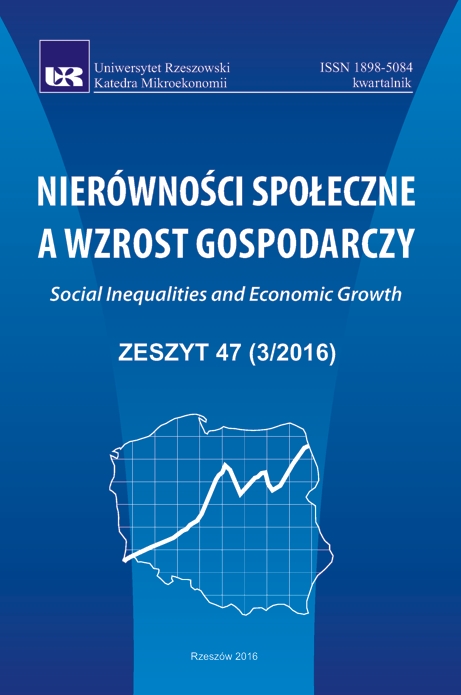Impact du commerce international sur le développement économique de la République Démocratique du Congo
Impact of International Trade on Economic Development for the Democratic Republic of Congo
Author(s): Marcel Kamba-KibatshiSubject(s): Economy, Supranational / Global Economy, International relations/trade, Developing nations
Published by: Wydawnictwo Uniwersytetu Rzeszowskiego
Keywords: monetary policy; Central Bank of Congo; growth; full employment; external balance; exchange rate
Summary/Abstract: The monetary policy is the action by which the monetary authority, as a central bank influences the supply of money in order to fulfill its objective of price stability. She also task of achieving the other objectives of monetary policy, called Keynesian triangle: growth, full employment, external balance. Monetary policy differs from fiscal policy. Monetary policy can aim to maintain the exchange rate of the national currency with a currency. Fixed exchange rates may be achieved by the central bank selling and buying currency at the day to reach the target rate. The objective of monetary policy states that leads the Central Bank in the Congo is to achieve and maintain price stability through adjustment of the money supply to money demand. To implement this, the Central Bank of Congo determines the control framework through which monetary policy will be implemented during the year. From this framework, it decides the extent to which it is appropriate to reserve or ease monetary conditions. Indeed, it is apparent from analysis of the evolution of the situation in the Democratic Republic of Congo over the past three decades (1970 to 2000), the episodes of depreciation of the national currency (Zaire and New Zaire / or Congolese franc) are often at a faster pace of domestic price formation, as well as periods of heavy inflationary pressures are also characterized by speed loss of the national currency against foreign currencies. With these considerations, we ask the following questions: Is the Congolese franc stable? What are BCC's policies to support the stability of the Congolese Franc?The answers to these questions are the object of our investigations throughout this study. Throughout the article we analyzed the difficulties of monetary policy in the context of complete dollarization of the banking system and institutional weaknesses. The empirical analysis confirms that the Central Bank in the Democratic Republic of Congo is able to control almost inflation, despite that we could have a rapid response to inflationary shocks. After analyzing the advantages and disadvantages of different exchange rate regimes, it can be said that strengthening the current framework of monetary policy remains the best solution, given that the country is exposed to numerous exchanges of foreign currency (exchange currencies). The increase in the reserve requirement seems to contradict other measures taken by the central bank. The interest rate is designed to regulate liquidity in the financial system and affects the development of economic activi-ty. It is one of the main tools of monetary authorities to influence lending and inflation modulation in the country.
Journal: Nierówności Społeczne a Wzrost Gospodarczy
- Issue Year: 2016
- Issue No: 47
- Page Range: 361-385
- Page Count: 25
- Language: French

